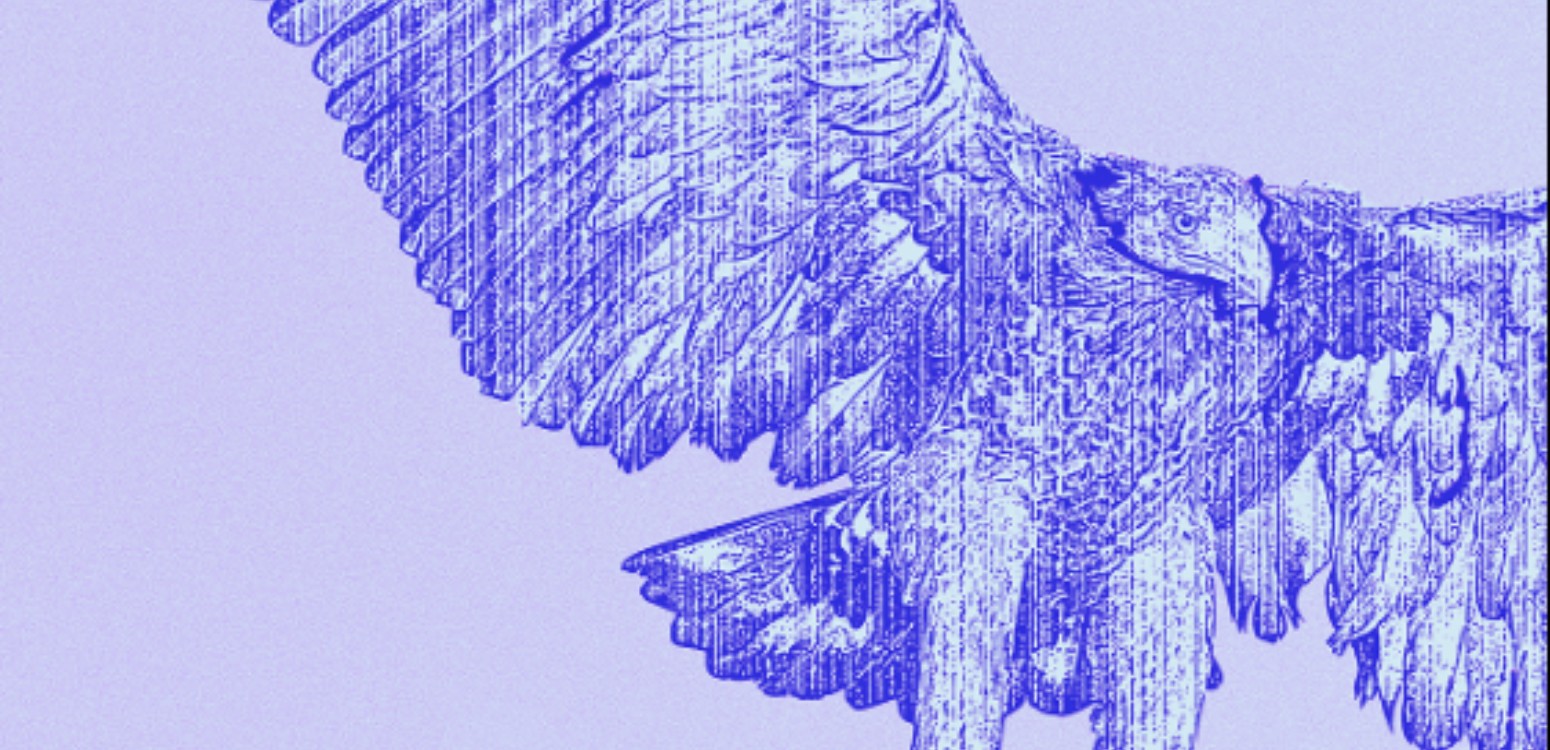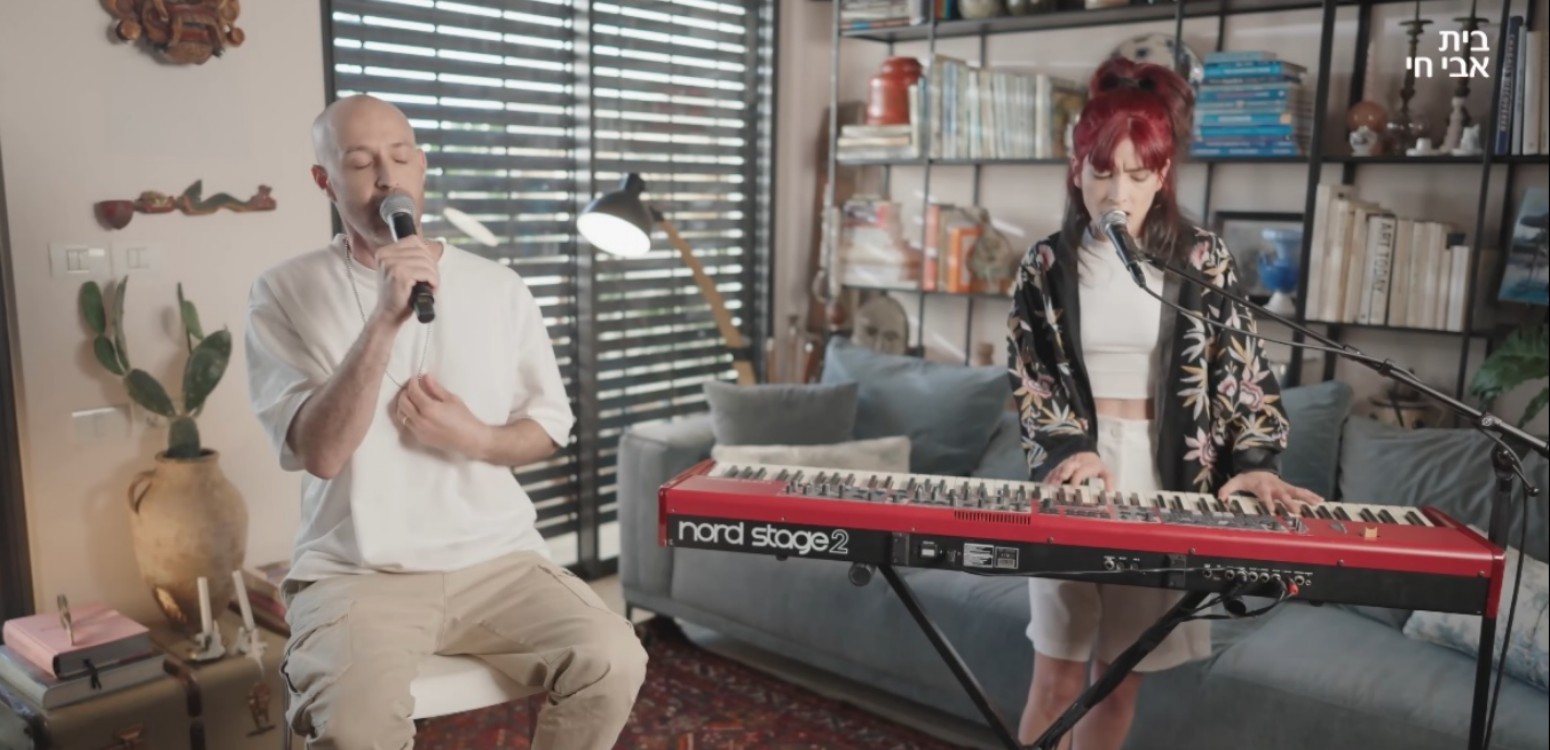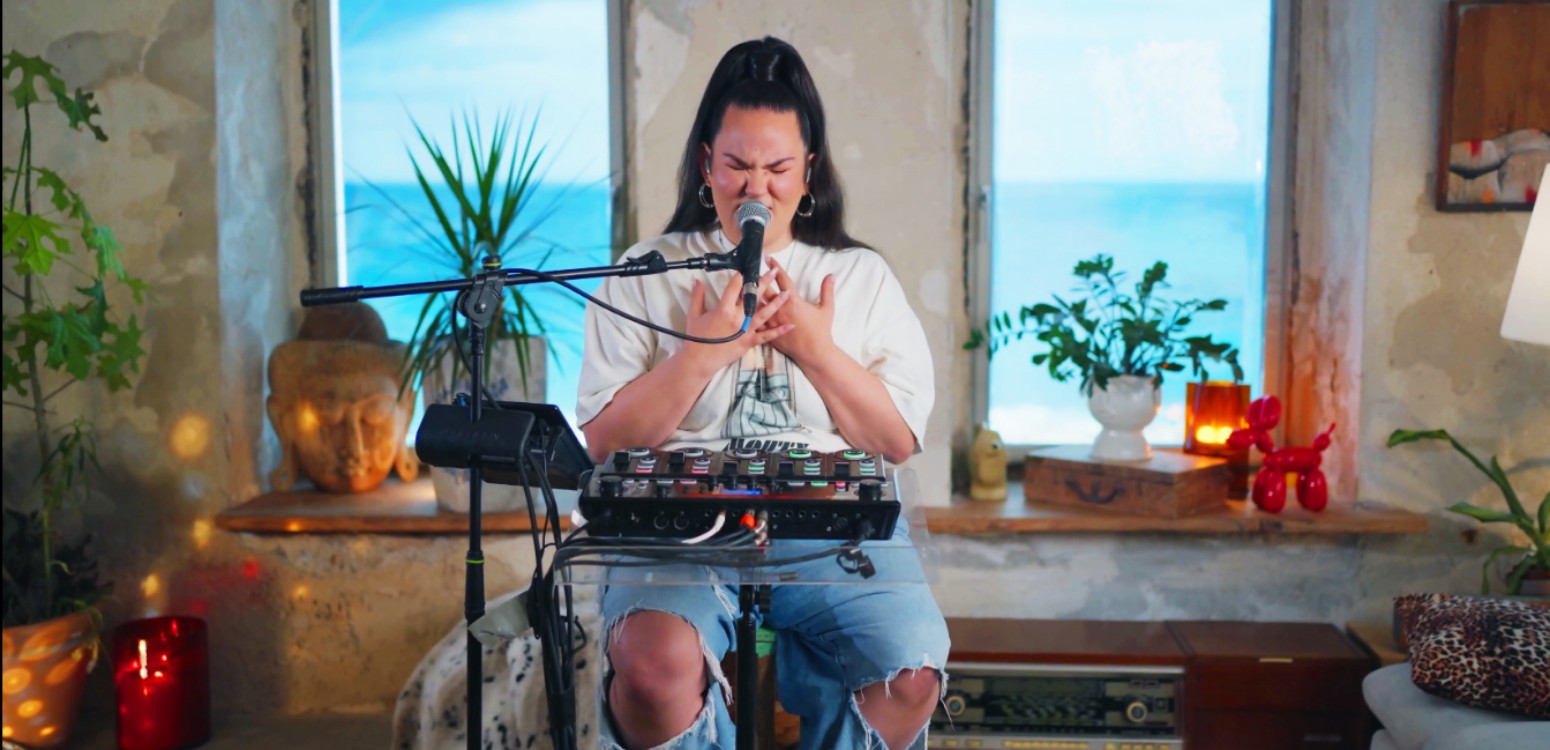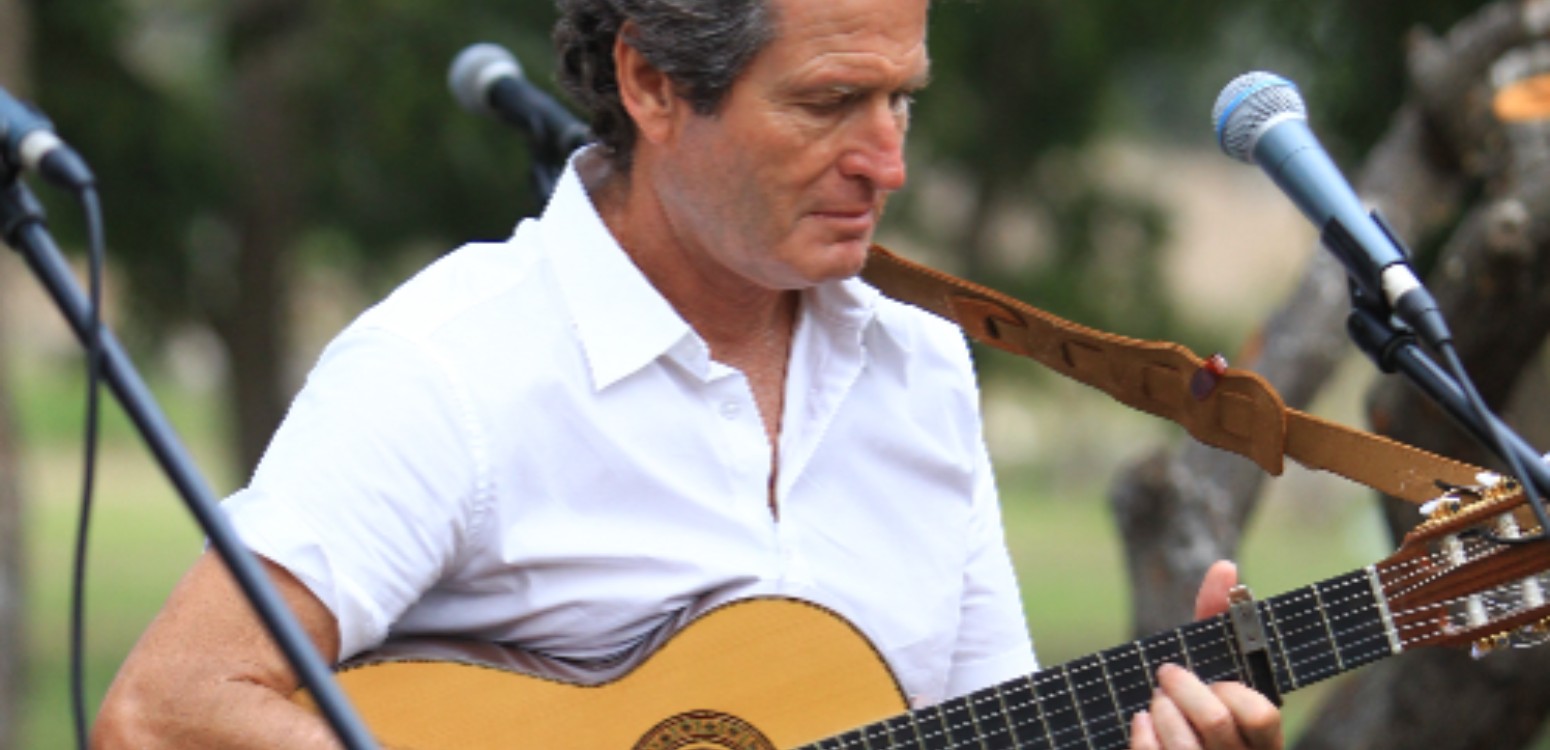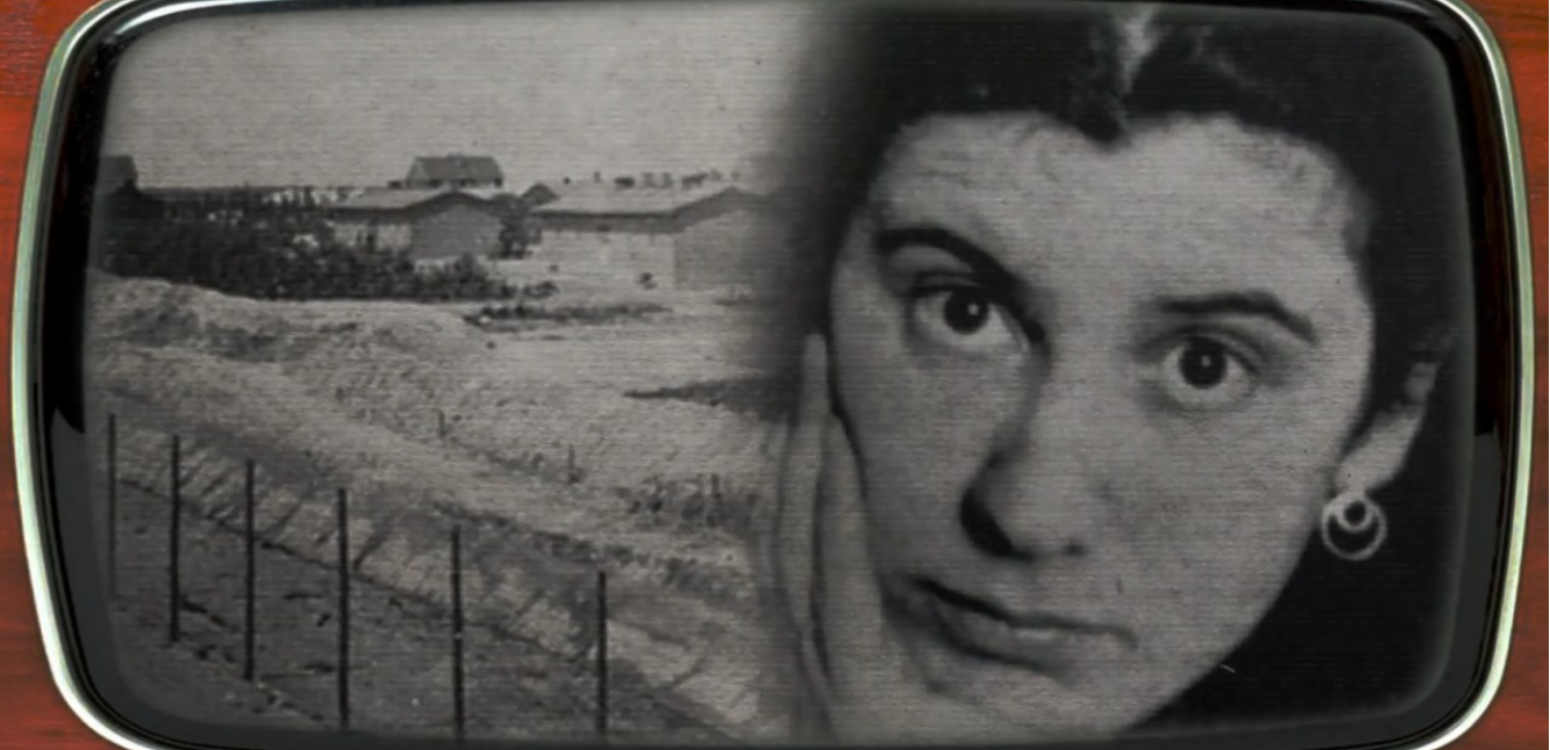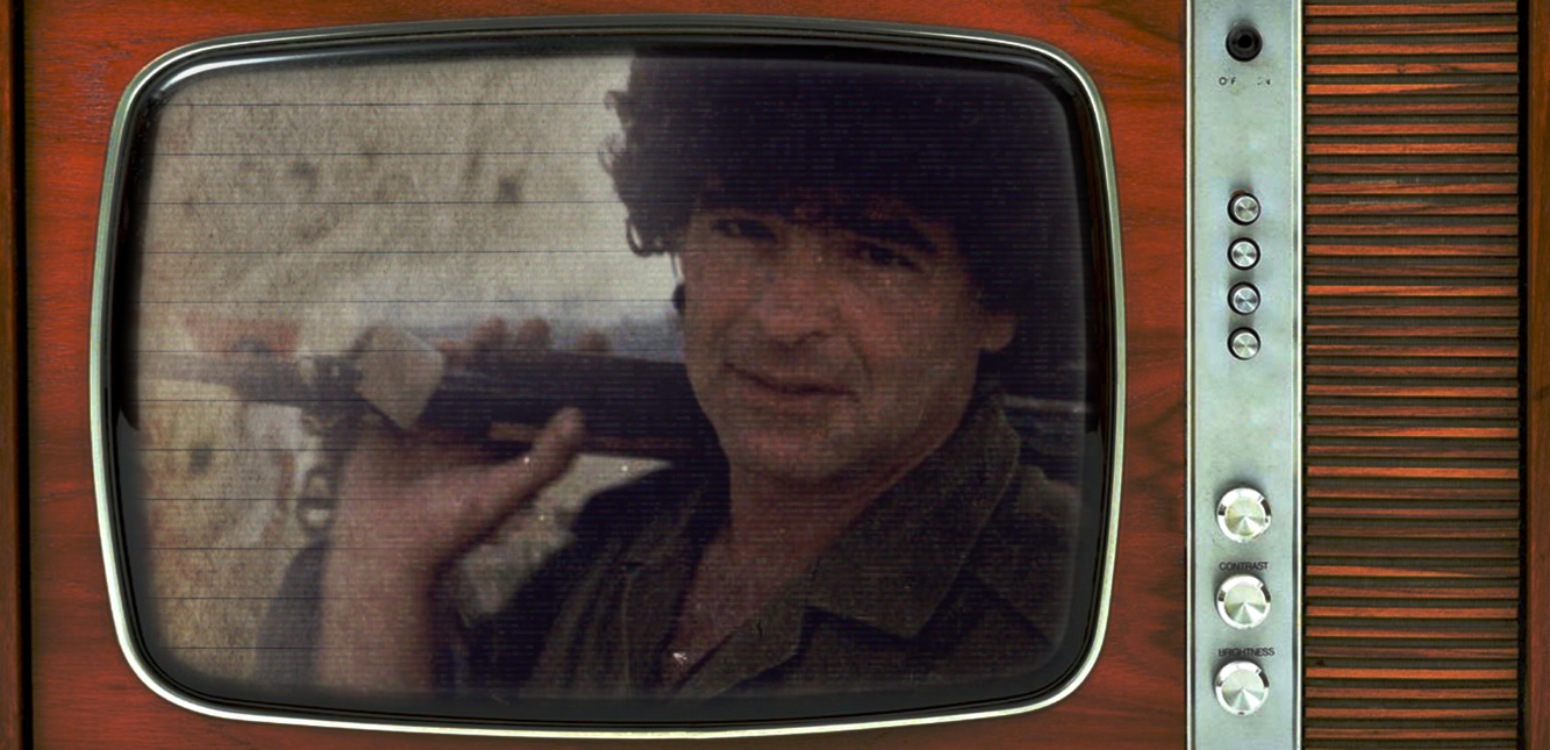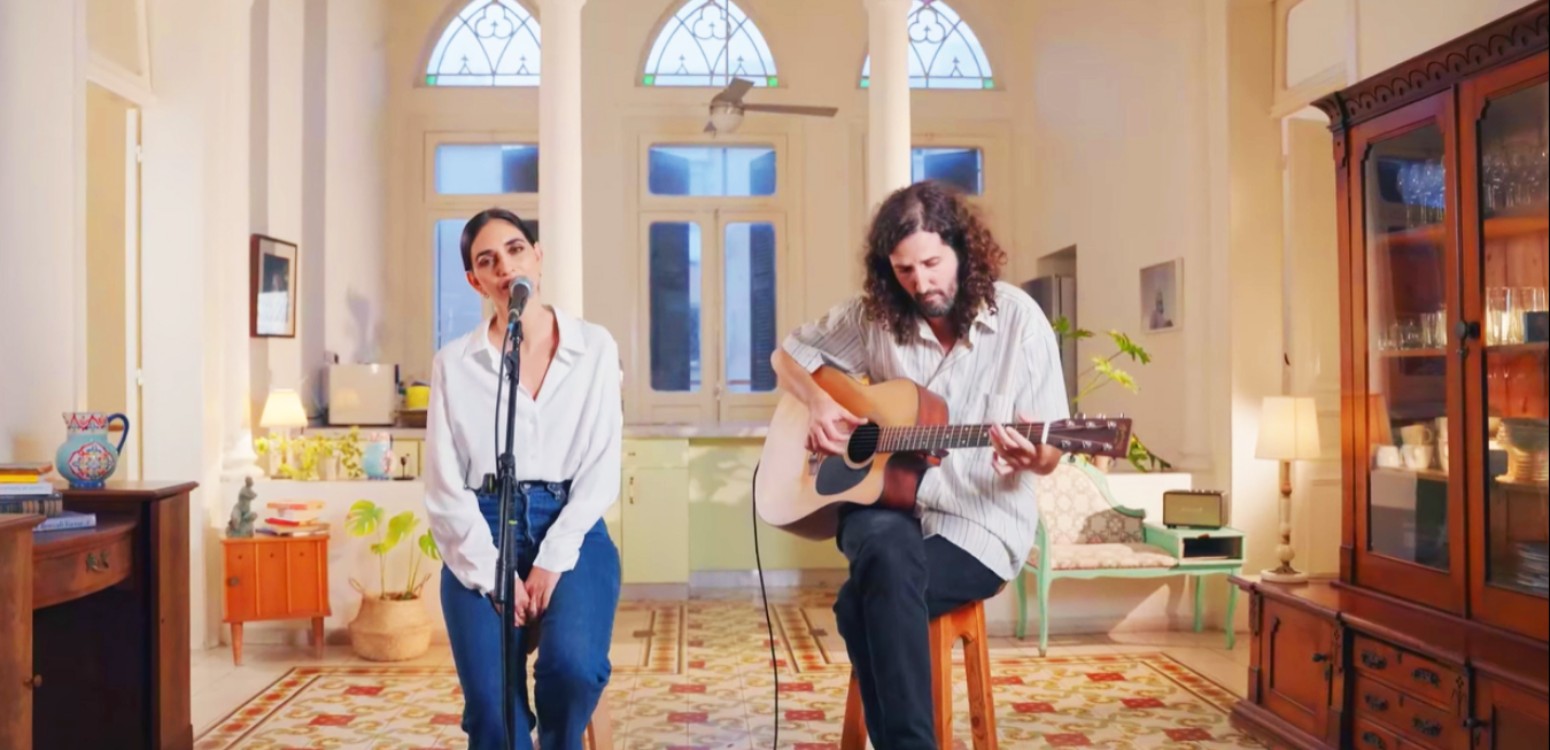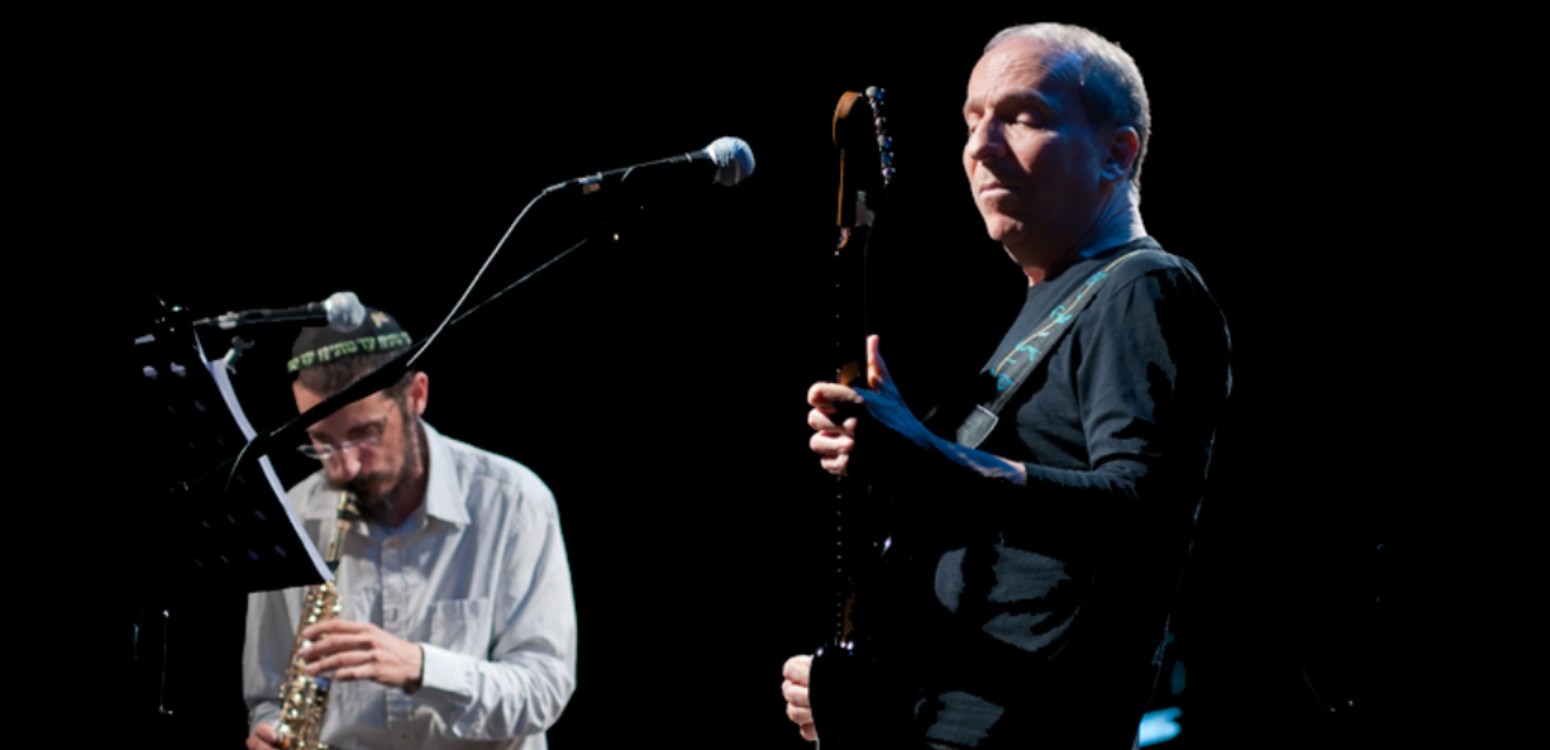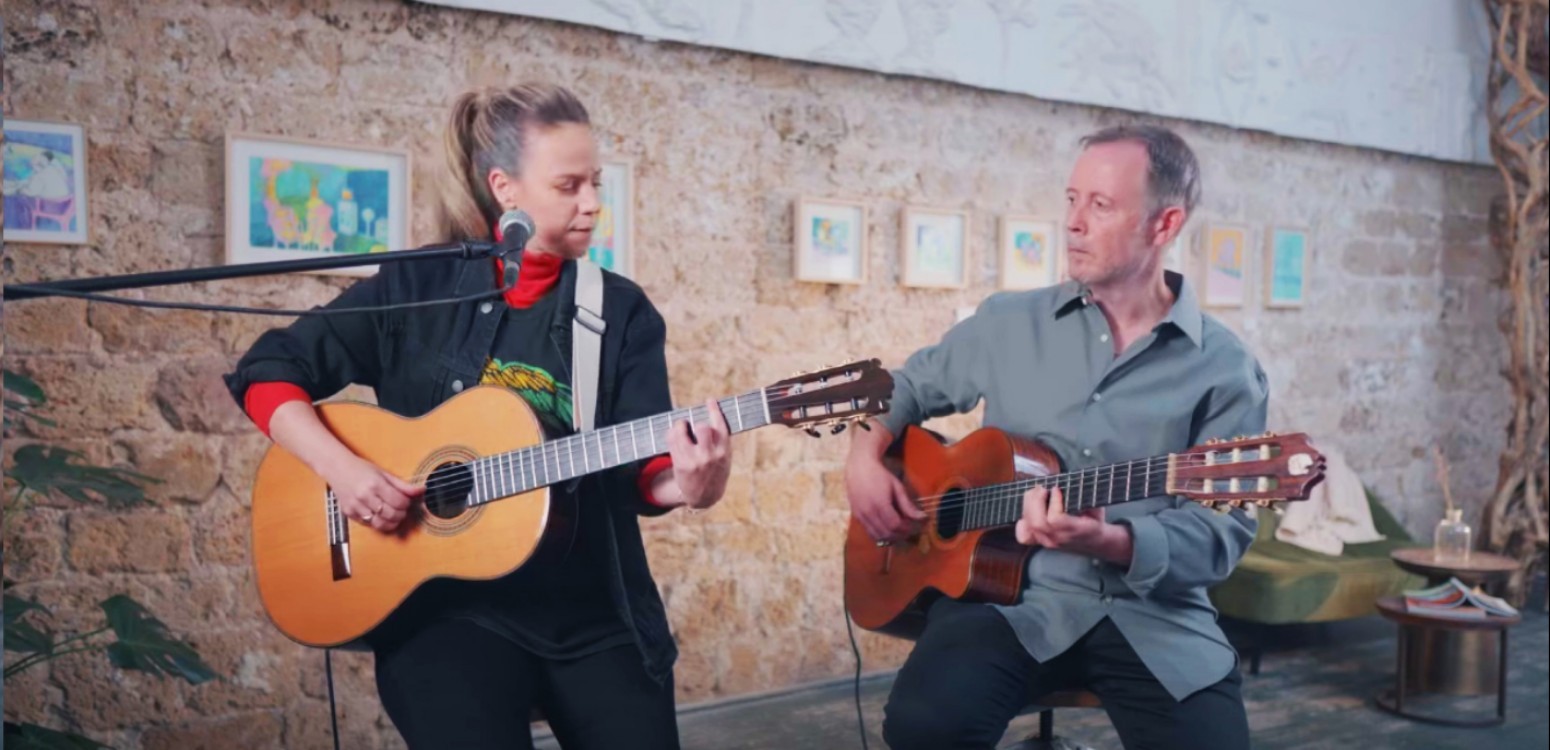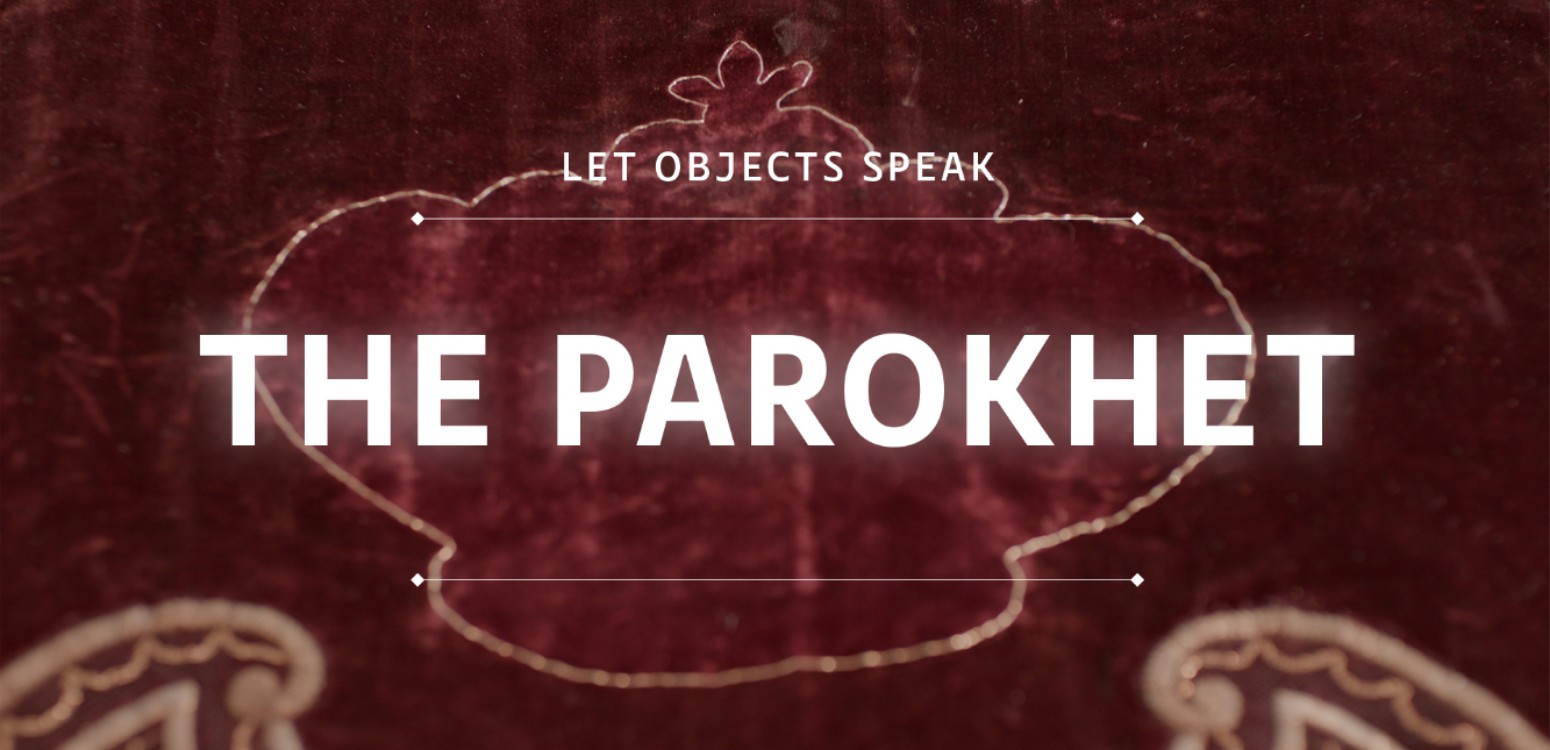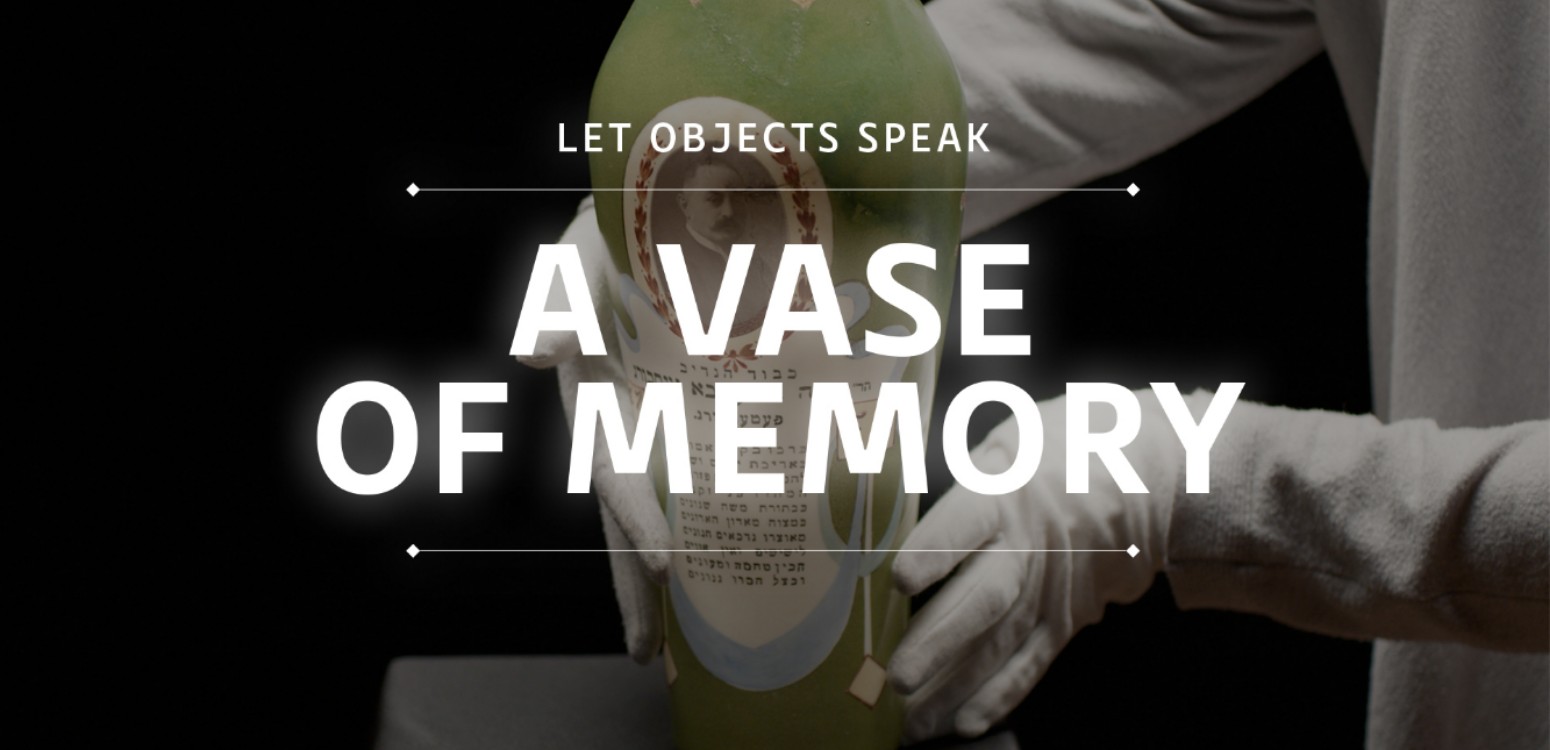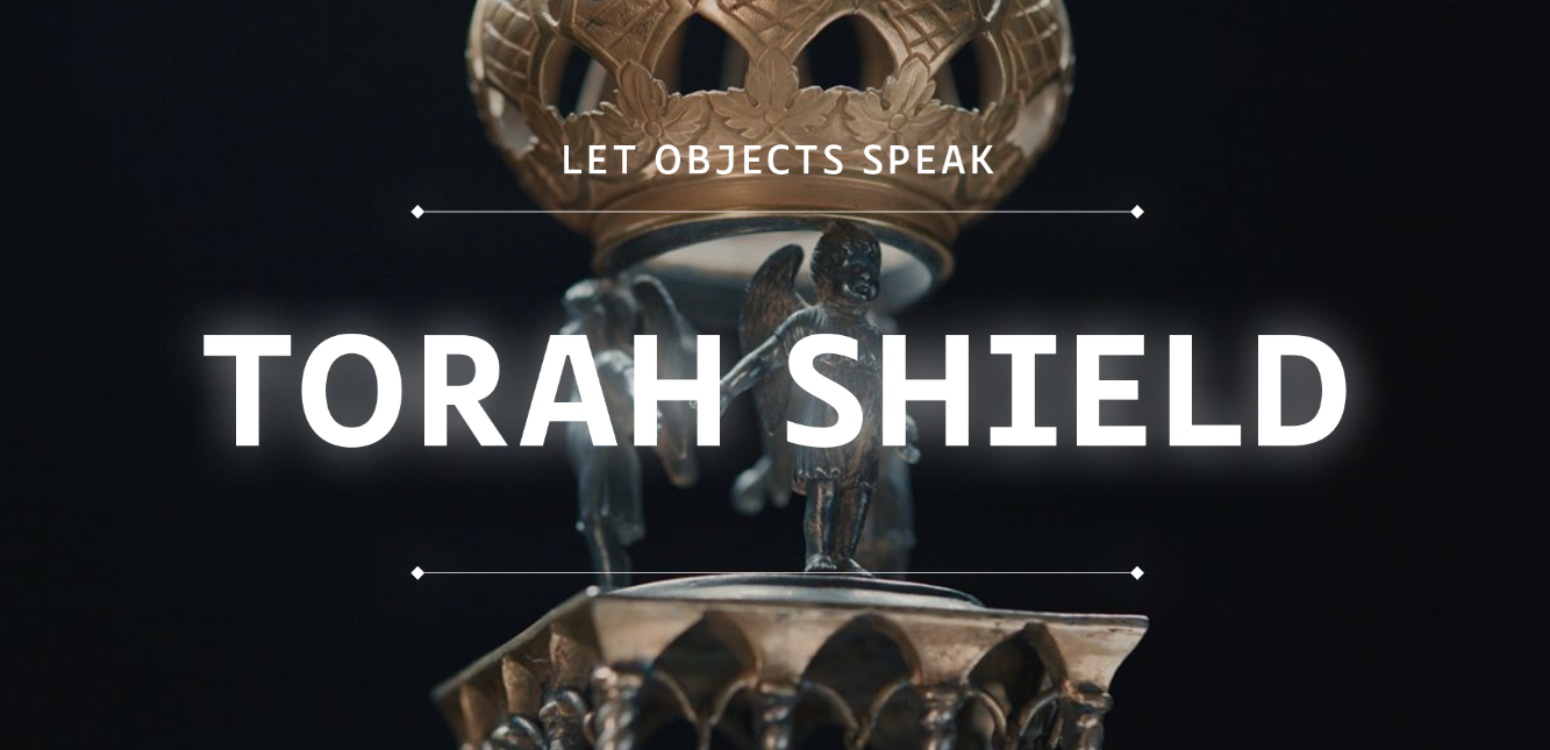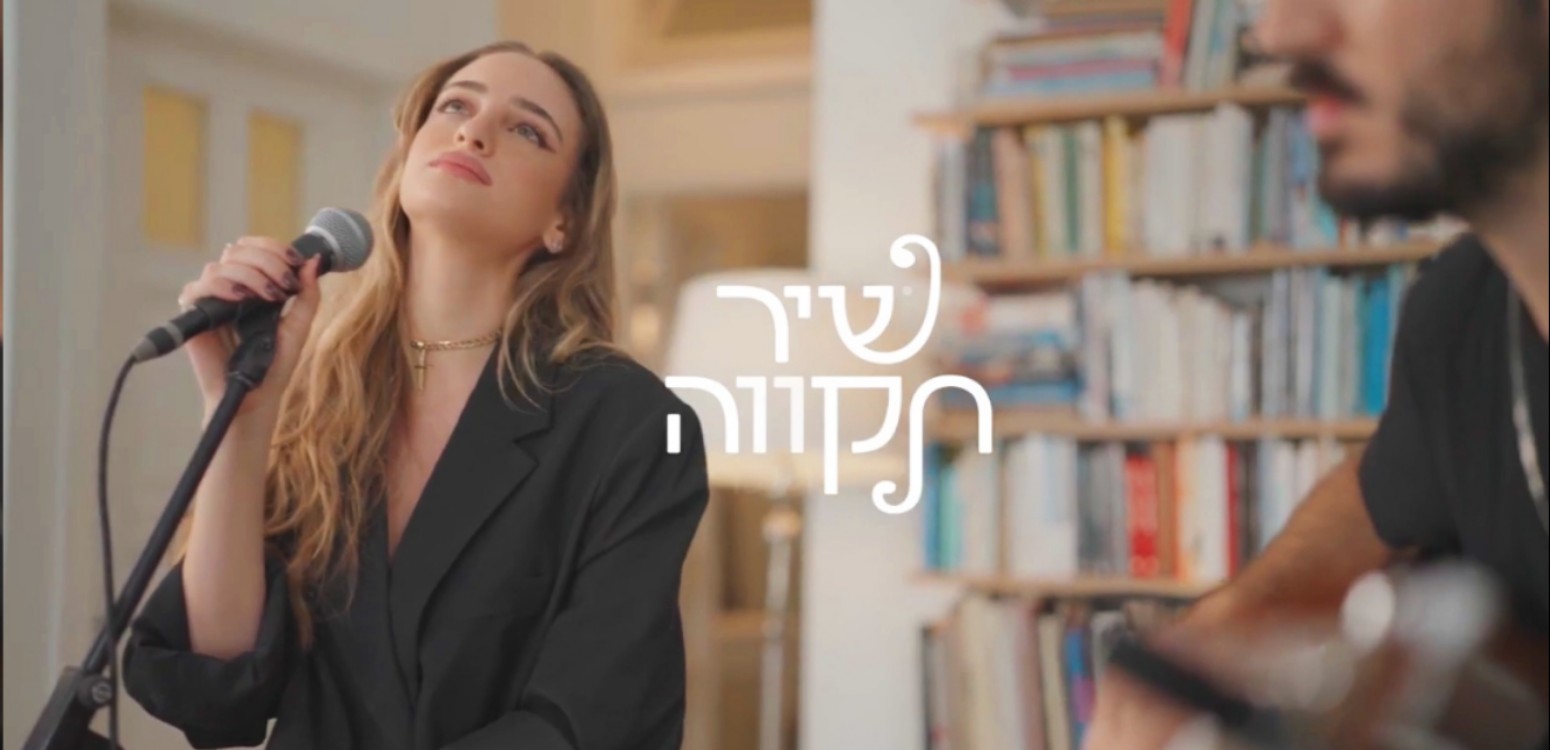
What do you really know about this inspiring poet?
1. Zelda was the Lubavitcher Rebbe’s cousin and the two were in close contact through letters. He asked her to send him her books, comforted her when she lost her husband and even wished her to “utilize the talents she was gifted with for the benefit of the people”.
2. The essayist Azah Zvi introduced the Haredi poet Zelda to the young and rebellious poet Yona Wallach. The meeting led to a strong friendship; Wallach even encouraged Zelda’s writing and helped her publish her first book. However, following Wallach’s provocative poem “Tefillin” the relationship came to an end.
3. Only after 35 years of creation, when the poet was 53, “Penai” (“Free Time”) – Zelda’s first collection of poetry – was published.
4. In his memoir “A Tale of Love and Darkness”, Amos Oz wrote about his second-grade teacher Zelda the poet, and mentioned her as his first love.
5. The first Zelda poem to be set to music is “Everyone Has a Name”. Hanan Yovel composed the melody, and the first rendition was by Chava Alberstein. The song also lent its name to Yad Vashem's "Everyone Has a Name" commemorative project.
6. Zelda met her husband Haim when she was 35 years old. Because he was tall, they called him “long life” (haim means “life” in Hebrew). After he passed away, aged only 62, she published two poetry books, “Ha-Carmel ha-Ee Nireh” (“The Invisible Carmel”) and “Al Tirhak” (“Be Not Far”), both full of love, pain and longing.
7. After she became a widow, Zelda housed unmarried religious girls in her home. These became her family, and later they were called “Zelda girls”.
8. For years she wrote her poems on pieces of paper and small notes, which she would send as gifts to her friends.
9. Zelda was an only child, and after her father’s death she used to say Kaddish every morning in a synagogue that allowed that.
10. Zelda rarely left her house and did not feel safe on the street, but in her poems she showed how even from inside one’s home and neighborhood it is possible to travel the world with the help of imagination and words.
More about Zelda in this episode of the daily BAC podcast “A source of inspiration” (in Hebrew).
Also at Beit Avi Chai

